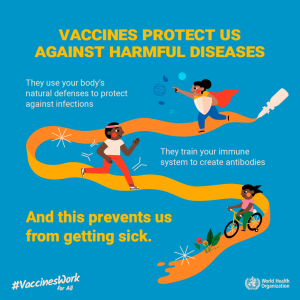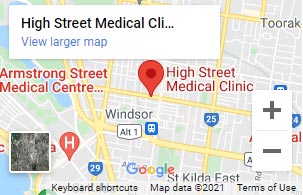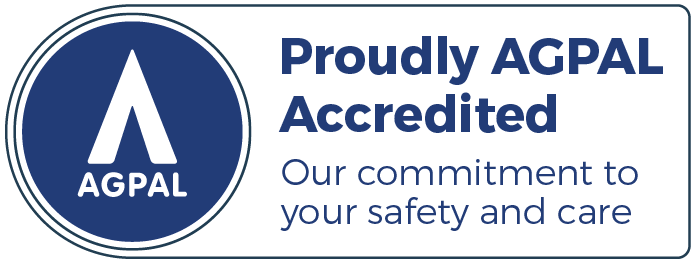What is cardiac health, and why is it important?
Cardiac health or heart health relates to the wellbeing of the heart and the blood vessels that facilitates the flow of blood and oxygen around our body. Given the heart’s never ending workload of delivering millions of gallons of blood along with oxygen, and essential cells, it forms one of the most important organs in our body.
The cardiovascular system is also responsible for circulating nutrients, delivering energy and removing wastes from the metabolic process in cells. In this way, if a person’s metabolism goes astray, it can manifest into a cardiovascular issue.
What are the common types of cardiovascular disease?
Cardiovascular disease is an umbrella term used to describe a range of conditions that affects your heart, the blood vessels and their functioning. It includes problems with the entire circulatory system.
Some common types of cardiovascular disease are:
- Abnormal heart rhythms or arrhythmias
- Coronary heart disease which is type of blood vessel disease
- Congenital heart defects (born with a heart defect) such as Atresia (examples of atresia).
- Heart Attack
- Heart Failure
- Peripheral Heart Disease
- Rheumatic Heart Disease
- Stroke
To learn more about different types of cardiovascular diseases, read this article.
What are the signs and symptoms of an unhealthy heart?
While it is possible to ward off cough as a simple inconvenience, having multiple symptoms like persistent cough, or pain in the chest may come as an indicator of an unhealthy heart. There are many warning signs that may signal an impending heart disease.
Keep an eye on the following heart disease warning signs:
- Snoring and sleeping problems like insomnia and sleep apnea
- Chest pain, especially on the left side near the heart
- Difficulty with sexual function
- Irregular heartbeats
- Puffy legs and feet
- Shortness of breath
- Sore gums and jaw
- Persistent cough
- Fatigue
What are the primary risk factors for cardiovascular disease?
Risk factors are generally human habits or health conditions that makes a person more likely to develop a disease.
The first step towards a healthy heart is understanding your risk factors. While some risk factors are preventable, others aren’t. The primary risk factors of cardiovascular disease includes:
- Having high blood pressure
- Having high cholesterol
- Obesity or overweight
- Having diabetes or prediabetes
- Smoking and excessive alcohol consumption
- Having family history of diagnosed heart disease
- Unhealthy diet and living a sedentary lifestyle
- Being physically inactive
How can I reduce my risks of cardiovascular disease?
There are plenty of ways you can reduce your risk of cardiovascular disease such as:
- Undergoing regular health check-ups such as screening blood pressure, diabetes and blood cholesterol
- Eating a healthy diet
- Limiting the consumption of salt, sugar, aerated drinks and processed food
- Managing stress
- Getting a good night sleep
- Maintaining a healthy weight
- Quitting to smoke
- Reducing alcohol intake
How often should I get my blood pressure and cholesterol checked?
High blood pressure and high cholesterol are the two major risk factors for heart disease. Most adults are advised to get them checked at least once a year. However, with a heightened blood pressure and cholesterol level, your doctors may advice screening more often.
Talk to your doctor about how often you should have your blood pressure and cholesterol checked.
What is blood cholesterol?
Cholesterol is a fatty substance which is produced by your body as well found in some food. They are required to produce hormones and Vitamin D. However, too much cholesterol in your blood is unhealthy and puts you at risk of heart disease.
Why is smoking bad for your heart health?
Smoking is killing about 17 Australians each day from heart attack and other cardiovascular disease. It doesn’t stop there, smoking is also found to lead about 11,400 coronary heart hospitalisation each year according to a report by RACGP.
With that said, smoking remains the most preventable risk factor for heart disease. If you’re facing trouble quitting smoking, talk with your doctor about ways and programs to help you quit smoking.
Does heart disease affect men and women equally?
Heart disease affects both men and women, but it can often go undiagnosed in women. This is because men and women experience the signs and symptoms differently. For example, chest pain is considered one of the most widely seen heart disease symptoms, but only about half of all women who suffer a heart attack actually report chest pain.
What to do when a cardiac arrest occurs?
Heart attack is an emergency. It can lead to a cardiac arrest, where the heart stops and the body stops functioning.
Call 000 for an ambulance and chew 300 mg of Aspirin, unless allergic. Never drive yourself to help, always make sure someone else drives you.
Learn more on warning signs of a heart attack here.












